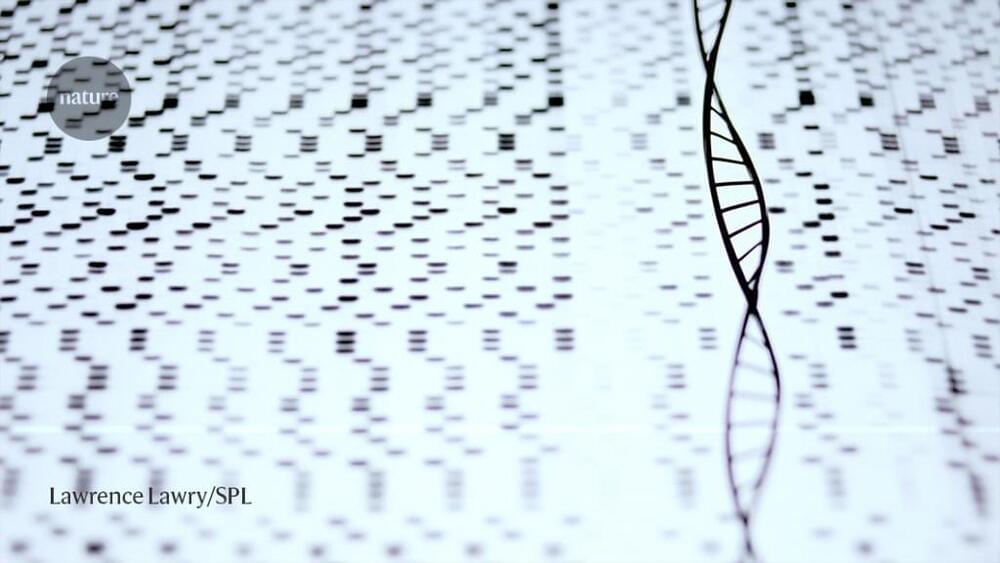Why the slide?
It is important to understand the reasons for the drastic changes, Walsh says. The trend might stem in part from changes in the scientific enterprise. For example, there are now many more researchers than in the 1940s, which has created a more competitive environment and raised the stakes to publish research and seek patents. That, in turn, has changed the incentives for how researchers go about their work. Large research teams, for example, have become more common, and Wang and his colleagues have found3 that big teams are more likely to produce incremental than disruptive science.
Finding an explanation for the decline won’t be easy, Walsh says. Although the proportion of disruptive research dropped significantly between 1945 and 2010, the number of highly disruptive studies has remained about the same. The rate of decline is also puzzling: CD indices fell steeply from 1945 to 1970, then more gradually from the late 1990s to 2010. “Whatever explanation you have for disruptiveness dropping off, you need to also make sense of it levelling off” in the 2000s, he says.
